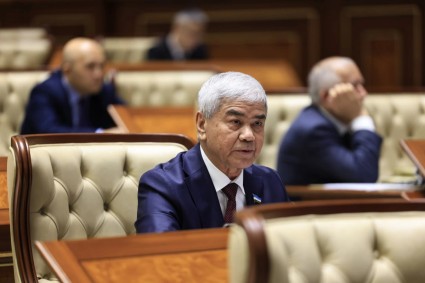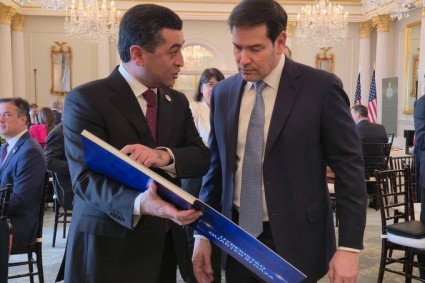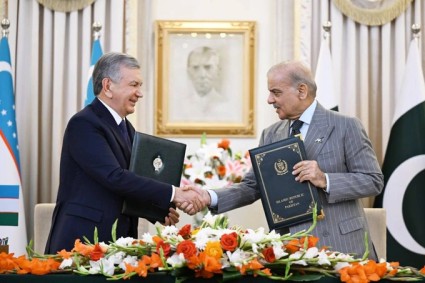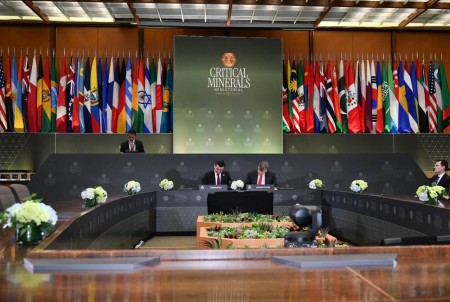Today, President Shavkat Mirziyoyev, at the constitutional commission meeting on the reform of the Constitution, proposed to reflect the Miranda Rule and the Habeas Corpus principles in the Constitution of the country.
Analyzes show that when detaining a person, law enforcement agencies do not explain to him why he was detained and what his rights are, the head of state said.
“As a result, the rights of the suspect remain under threat from the moment of detention. To prevent such cases, it is necessary to apply the “Miranda Rule”, reflected in the Constitutions and laws of many countries, as well as in international human rights documents. That is, when a person is detained, his rights and the reason for the detention should be explained in simple terms,” the president said.
Shavkat Mirziyoyev believes that the time has come to enshrine this rule in the Constitution.
In addition, according to him, it is necessary to develop the Habeas Corpus principle.
“That is, a person cannot be detained for more than 48 hours before a court decision. We must reflect in the Constitution the provision that if the court does not make a decision on arrest or other restriction of freedom within the prescribed period, then such a person must be immediately released,” the president said.
It should be noted that these principles are already spelled out in the legislation of Uzbekistan. In particular, from May 15, 2020, law enforcement agencies are obliged (Article 224 of the Code of Criminal Procedure):
- identify themselves and, at the request of the detainee, present an identity document;
- inform the suspect that he is detained on suspicion of committing a crime;
- explain to the detainee the procedural rights to a telephone call or message to a lawyer or close relative, to have a defense counsel, to refuse to testify;
- notify the detainee that the testimony given by him can be used as evidence in the criminal case against him;
- require the detainee to proceed to the nearest internal affairs agency or other law enforcement agency.
The above procedural actions are mandatory recorded on video. They are allowed to be carried out without fixing by video recording in cases of urgency.
When detaining a person without video recording, an employee of the internal affairs body or other law enforcement agency is obliged to explain the procedural rights of the detainee with mandatory video recording after delivering him to the building of the police department or other law enforcement agency. The detainee must familiarize himself with the video.
In addition, according to Article 226 of the Code of Criminal Procedure, the term of detention is no more than 48 from the moment of the actual detention of a person (the moment of the actual restriction of his rights to free movement). Upon presentation of the necessary and sufficient justifications by the inquiry officer, investigator or prosecutor, the detention may be extended by an additional 48 hours by a court decision.














